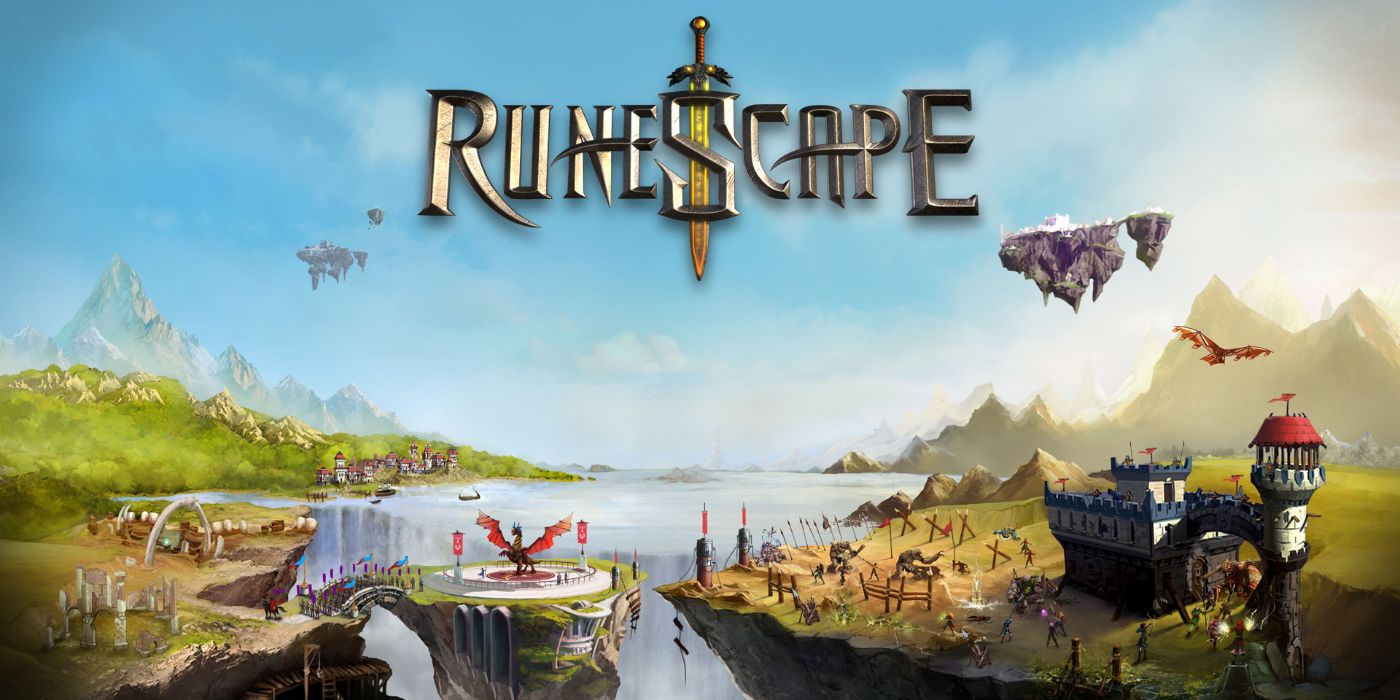A new report detailing the amount of money one adult spent on RuneScape has kickstarted the debate over the game's microtransactions system, which allowed said player to spend $62,000 on services in-game. RuneScape is one of the oldest popular video games still around, having launched in 2001 and remaining a game played by millions for many years, eventually making its way onto Android and iOS mobile devices thanks to its relatively mobile-friendly graphics and simplistic set-up.
RuneScape divided its community a long time ago with how heavily developer Jagex leaned into microtransactions as a way of generating money, eventually splitting players into two camps: those who continued to play the "main" game, and those who instead branched off to pursue older versions of it, eventually culminating in the release of Old School RuneScape (OSRS), a client based on the August 2007 version of RuneScape. In many ways, that game was the precursor to WoW Classic, which was also created out of growing playerbase frustration with the direction of Blizzard's game, although in that case, it wasn't so much fans rallying against predatory microtransaction practices and more feeling that the game had simply changed too much and was no longer WoW. Despite the RuneScape playerbase advocating so strongly that the game is dominated too much by pay-to-win content, however, Jagex has shown little interest in changing the process.
That might change now that Kotaku has highlighted a report from the UK Parliament's September 9 study on "immersive and addictive technologies." That report specifically references a RuneScape player who built up debts while incurring over $62,000 in charges through spending on the game's microtransactions, which the report also indicates caused significant financial harm to the players' parents, too. The report outlines just how greedy Jagex's practice are, with the company limiting players to an obscene 5,000 pounds - around $6,250 USD - in monthly spending. The report then goes on to suggest that the limit comes out of fraud prevention, not because Jagex feels a responsibility to protect its players from erratic or harmful spending.
The reason RuneScape's case is so interesting is because it is blatantly pay-to-win, to the point that everyone participating in the game knows it. Jagex regularly releases incredibly powerful armor sets and skill promotions for real-world money that put players willing to pay for them far ahead of their free-to-play counterparts. That, coupled with a lack of meaningful and free content updates over the last several months, has led players to believe they're being taken advantage of by Jagex, say some of the players interview by Kotaku.
Most players who disagree with the direction the game has headed have long since moved over to OSRS, which features far less in the way of microtransactions and better preserves what the game felt like in its early halcyon days. That doesn't change the fact that it appears like Jagex has little issue exploiting players with gambling addictions to make a profit, and the microtransaction model continues to prove with subsequent reports detailing its systems that it absolutely needs to be removed from gaming as soon as possible. Not every situation is as bad as RuneScape's appears to be, but it's possible we're not far off if the legislation being suggested to rein these practices in doesn't get approved soon.
Source: Kotaku, UK Parliament


